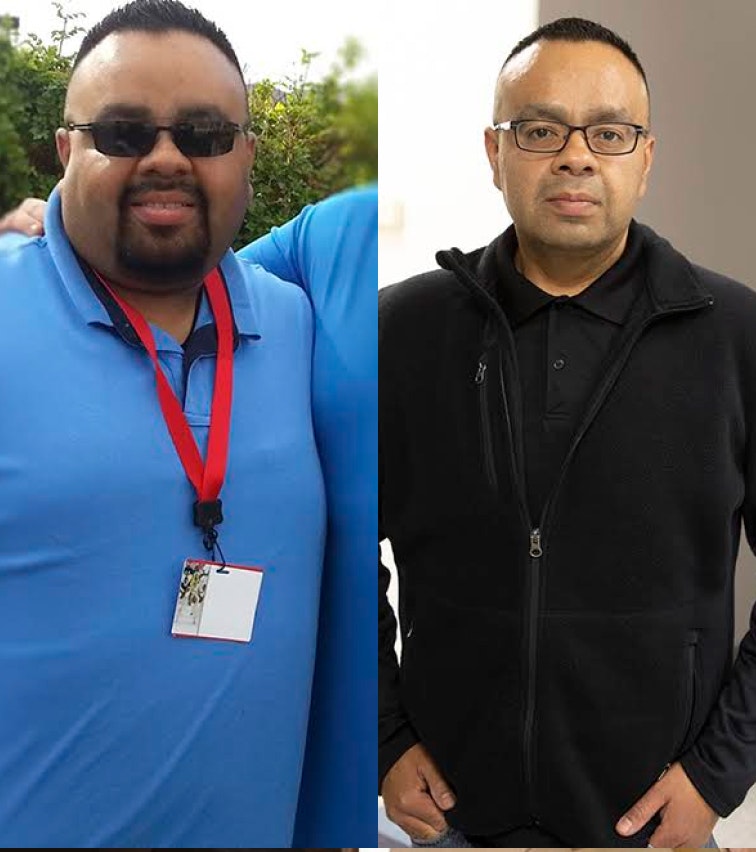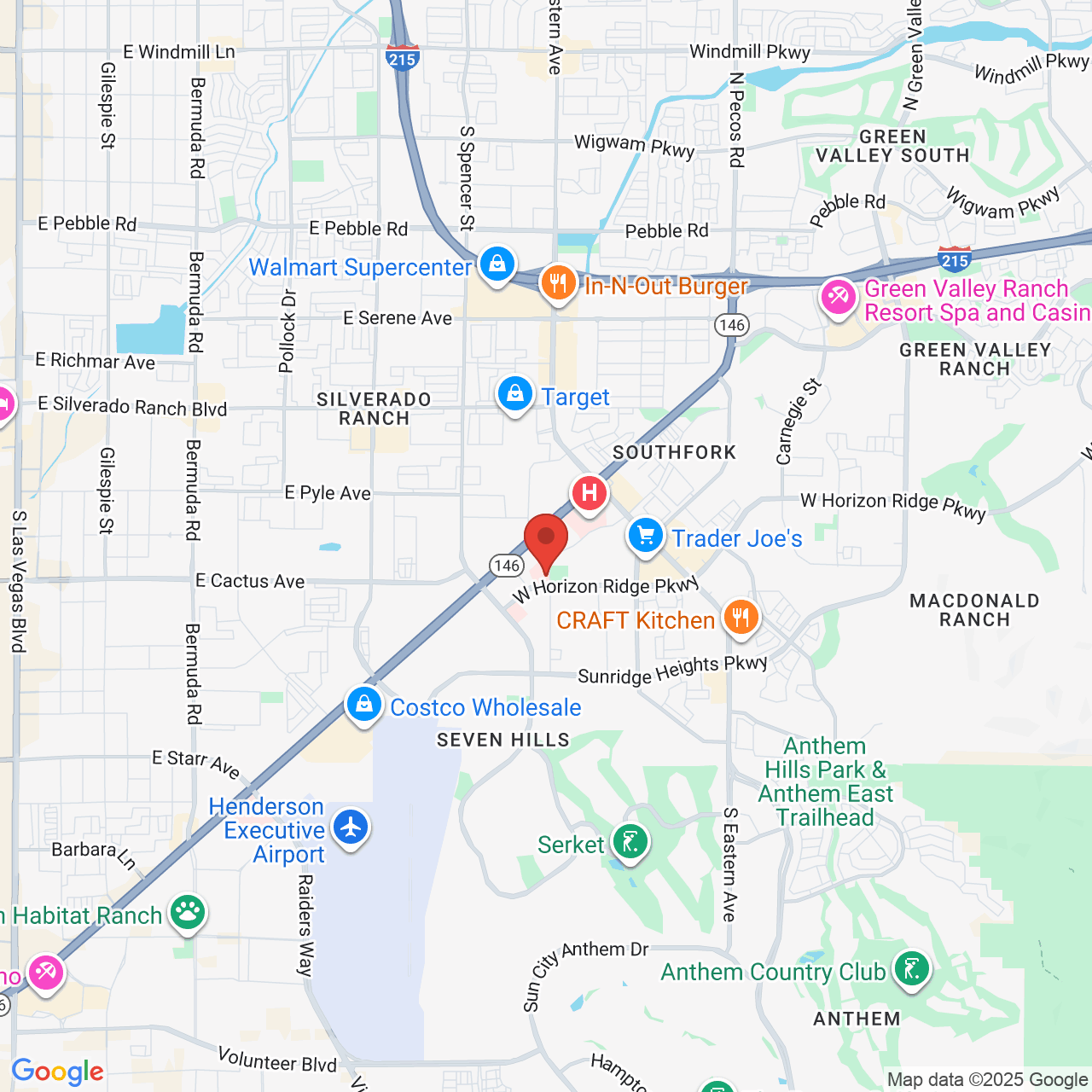Bariatric Surgeon in Henderson, NV
Become. Break Through. Believe. Bloom. Become.
Transformative Care by a Board-Certified Bariatric Surgeon.
Incredible Results That Speak for Themselves



Weight Loss Treatment
to Look and Feel Your Best

We offer a range of bariatric surgeries to help you lose weight and improve your health. Our bariatric services include:
- Gastric Band Surgery
- Gastric Bypass
- Gastric Sleeve
- Gastric Bypass Revision
- Bariatric Revision Surgery
- Medical Weight Loss
- Weight Loss Counseling
- Semaglutide
Holistic Care Tailored for You Schedule a Free Consultation
Dr. Mustafa Ahmed is a board-certified bariatric surgeon, cosmetic surgeon, and internist. We offer a truly holistic approach to treatment. With over 20 years of experience, he treats patients as a whole, addressing weight loss, women’s health, stem cell surgery, and more. From managing medical issues like low testosterone and hair loss to performing procedures such as facelifts, tummy tucks, breast lifts, and more, Dr. Ahmed ensures all your health needs are covered.
Interested in a gastric sleeve in Henderson, NV, or a gastric bypass in Henderson, NV? Whether you are local or coming from out of state through our Bariatric Travel Program, we guarantee high-quality, personalized care in a state-of-the-art facility.
Book your free consultation today to begin your journey toward better health and confidence. Use our convenient online form or call our Henderson, NV, office to get started.

Meet Mustafa Ahmed, MD Board-Certified Bariatric Surgeon
After six years as an internist treating obesity-related conditions, Dr. Mustafa Ahmed transitioned to offering bariatric surgery in Henderson, NV. He completed a general surgery residency at Morehouse School of Medicine and fellowships in surgical critical care and bariatrics.
Dr. Ahmed focuses on treating the underlying causes of obesity, ensuring patients receive personalized care before, during, and after surgery. With expertise in bariatric surgery, plastic surgery, and internal medicine, he brings a unique approach to patient care.
Outside of work, he enjoys spending time with his wife and five sons and staying active with swimming, hiking, and soccer.

Achieve Lasting Weight Loss with Expert Care
More than 40% of American adults are affected by obesity, which has a significant impact on their health and quality of life. If you're seeking a long-term solution to weight loss, bariatric surgery may be a viable option. Southern Nevada Bariatrics offers effective surgical weight loss solutions in Henderson. Our dedicated team is committed to helping you achieve a healthier future with personalized care and support.
You may be a good candidate for bariatric surgery if you weigh at least 100 pounds over your goal weight, have unsuccessfully tried to lose weight without surgery, have a body mass index (BMI) of over 40, or have a BMI over 35 with an obesity-related health condition, like diabetes or high blood pressure.
If you do not qualify for bariatric surgery and struggle with additional pounds, we provide a range of non-surgical solutions to help you achieve your weight loss goals and live a healthier life.
Check Your BMI
Life-Changing Journeys
From Satisfied Patients
Take Control
Improve Your Health

We look at the whole person to provide the best care possible and address concerns such as:
“Great doctor! I appreciate you Dr. Mustafa Ahmed! My surgery went well, no pain and healing very well!” -Germann Brizuela










